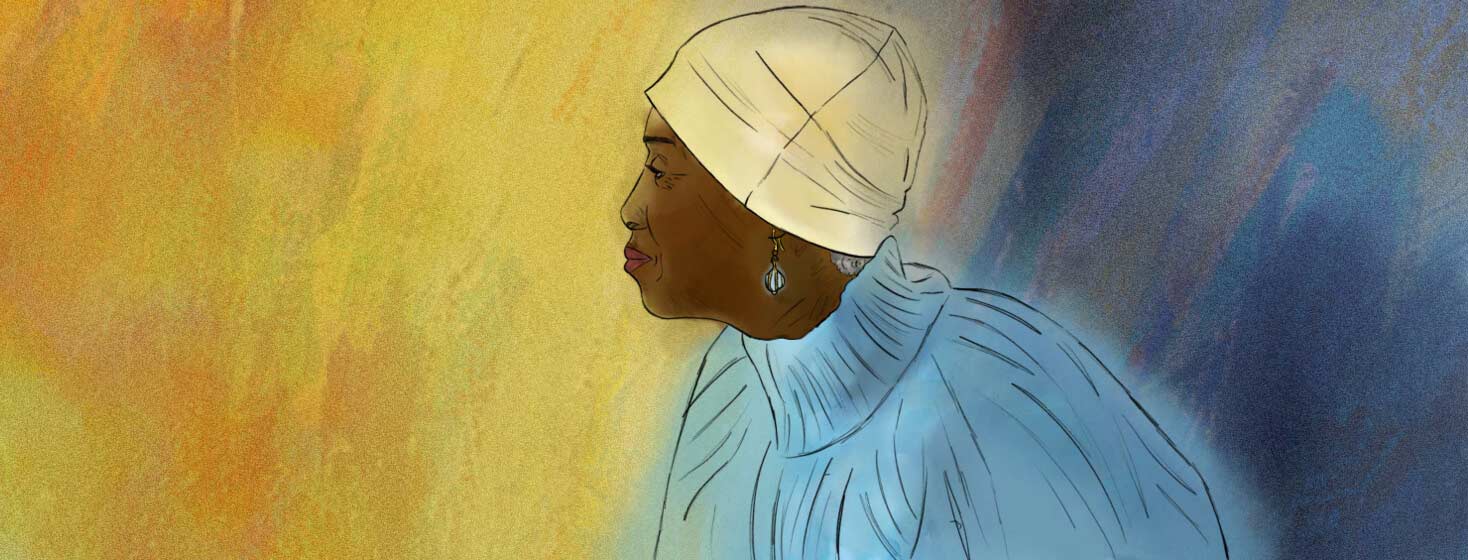Ovarian Cancer: Rocking Our World
At this time in my life, I hear more about friends and family facing cancer. Yet, for many years I have known that this disease could easily be part of my future.
In our family, my father first developed lung cancer when I was 14 years old. Chemotherapy was in its infancy. As a result, surgery and radiation were his only options.
About 5 years later, thinking we were home-free, a frontal lobe lesion appeared in his brain. He became lethargic, confused, and paranoid. Essentially cancer had invaded that part of the brain that affected emotions. It changed the man I knew and rocked my world forever.
Within 4 months, he was dead.
A wake-up call
As a result of my early loss, I developed a carefully orchestrated coping style that included my 2 passions in life.
First, I believed in working hard and making a difference for others. Second, I learned that family and friends should never be taken for granted.
Each day prayers and actions express love and appreciation for those who surround us in good times and bad.
Considering the whole person
Now the not-so-proud owner of advanced ovarian cancer, I have taken on some of my own life lessons. Years associated with academia led me to be one of those individuals who focused on and based my actions on intellectual findings.
My world was data-driven to offer the best in quality care. Not that I have eliminated excellence from my practice, but Gestalt training taught me the essence of reclaiming the emotional side of people - me included. I learned a crucial respect for the integration of mind, body, and spirit.
Integrating the whole
I now realize that this ability may be a significant diagnostic factor. By that, I mean instead of being the image of a "little thinking head, bobbing through life" with carefully rehearsed explanations of how well you may be in control, there is a heart and soul on board as well.
As a result, every occurrence in this cancer journey is met with thought and an acknowledgment of feelings. Living in this manner alters language and communication and broadens our ability to teach others who genuinely care.
"How do you feel about my cancer?"
What is the benefit of this way of being, and how can you learn it? First, try asking someone close to you how they feel about your having cancer. Don't be surprised if they respond by telling you what they think.
And it is quite possible their thoughts may be based upon some measure of coping. "Ellen, you are so brave and doing so well. You've got this." It is an appropriate response, but they may miss the opportunity to express how they cope with the fact that they may someday be losing you.
Acknowledge the person for participating in the communication and return by asking, "How does all this make you feel?"
Whatever the response, this interchange gives you the license to get in touch with your thoughts and feelings and express them. Once this first part is complete, you may have the courage to discuss what you need.
What do I need to feel whole and prepared?
Having an advanced state of metastatic disease makes it more clear to me that cancer will likely contribute to and maybe even hasten death. However, I assume we all want to address this fact with a both/and approach.
Life and death are true polarities. Therefore, my approach is to act as if I plan to live while I prepare for every eventuality should I need to face a final chapter.
Yes, I am a control freak
I have shared before that I am a control freak. I actively try not to impose this on others. However, while this may seem a negative attribute, it may be the exact thing that has gotten me successfully through life.
In this instance, it gives me peace to exercise as much control as possible. It also takes a tremendous burden off of those I love.
What measures did I take to maintain a sense of control?
- Reached out to family and friends to make them aware of the diagnosis and treatment for ovarian cancer
- Included close relatives and friends in the experience of doctor visits and infusion appointments
- Prepared activities of daily living before each treatment, i.e., paid bills and made business calls while thinking was clear
- Met with our lawyer and updated Wills, Medical, and Tangible Powers of Attorney.
- Met with family members willing to take on legal responsibilities
- Selected special items of jewelry and gifted them to my daughters-in-law and grandchildren in advance of dying
- Met with my Minister and planned my funeral, including Readings and Hymns
- Remained open and honest about decision-making
- Included my husband and children in ongoing family discussions
- Considered where I want to be when the time comes for death
More to come as I hope to live many days ahead.
Editor’s Note: We are extremely saddened to say that on August 9, 2024, Ellen Reed passed away. Ellen’s advocacy efforts and writing continue to reach many. She will be deeply missed.

Join the conversation